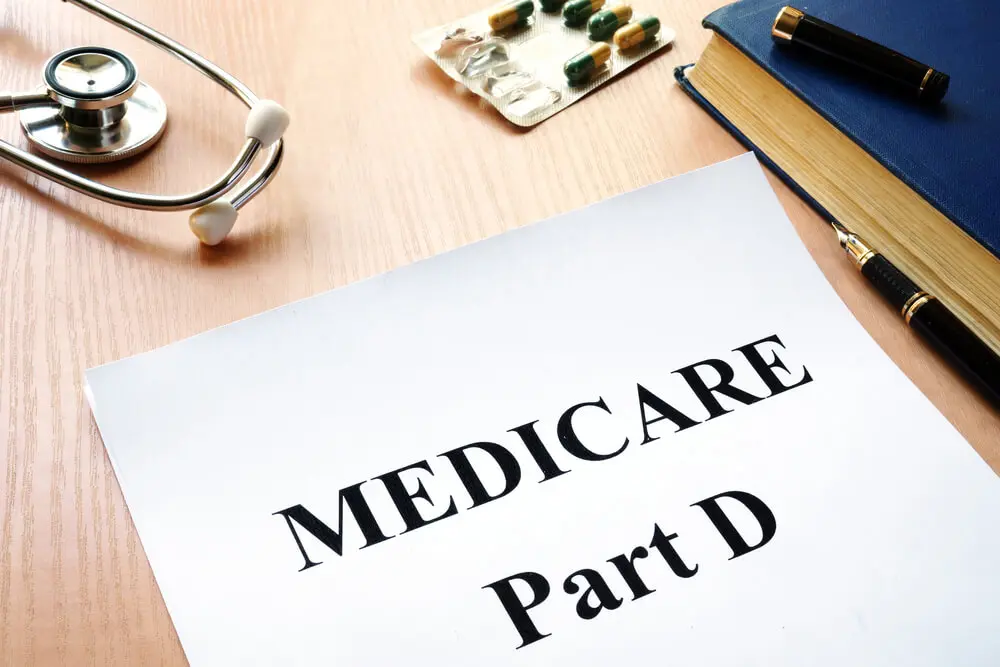Medicare Part D (Prescription Drug)

What Is Medicare Part D?
Medicare Part D, provides beneficiaries with access to prescription drug coverage through private insurance plans approved by Medicare.
These plans are offered by private insurance companies that are contracted with Medicare. There are two ways to get Part D benefits. If you have an Advantage plan, it is usually included inside of your Medicare Advantage (Part C) plans, combining health coverage and prescription drug benefits into a single plan. The other way to do it is to have a stand-alone prescription drug plan (PDP.) This is the best way to get these benefits if you have Original Medicare and a Medigap plan.
Key features of Medicare Part D include:
Prescription Drug Coverage: Part D helps cover the costs of prescription medications. Each plan has a formulary, which is a list of covered drugs, and may have different tiers with varying copayment or coinsurance amounts.
Variety of Plans: Beneficiaries can choose from various Part D plans offered by different insurance companies. These plans may have different costs, covered medications, and pharmacy networks.
Integration with Medicare Advantage: Unlike Original Medicare, which requires a separate Part D plan, Medicare Advantage plans often include prescription drug coverage as part of their comprehensive health benefits.
Cost Sharing: Beneficiaries typically pay a monthly premium for Part D coverage, along with other out-of-pocket costs such as deductibles, copayments, and coinsurance.
Coverage Gap (Donut Hole): Part D includes a coverage gap, commonly known as the "donut hole," where beneficiaries may be responsible for a higher percentage of their drug costs. However, the Affordable Care Act has been phasing out the coverage gap.
Medicare beneficiaries have the option to enroll in a standalone Part D plan or choose a Medicare Advantage plan that includes prescription drug coverage. The goal is to help individuals manage the costs of necessary medications and ensure access to essential pharmaceuticals.
Who's Eligible For Medicare Part D (Prescription Drug) Insurance?
You qualify for Medicare Part D if you meet any of the following criteria:
- You are 65 years of age or older.
- You have a qualifying disability and have received Social Security Disability Insurance (SSDI) for more than 24 months.
- You have been diagnosed with End-Stage Renal Disease (permanent kidney failure requiring a kidney transplant or dialysis).
- You are entitled to Medicare Part A or Part B. Consider enrolling in Part D if you:
- Have ongoing prescription drug needs.
- Anticipate having prescription drug needs in the future.
- Struggle to afford your current prescription medications.
- Lack prescription drug coverage.
- Wish to avoid potential penalties.
New To Medicare & Part D (Prescription Drug)?
When preparing for your first-time enrollment, the initial Medicare enrollment period spans seven months. To simplify, we break down the enrollment process into three segments:
- Enroll in the three months leading up to your 65th birthday month, and coverage begins on the first day of your birthday month.
- Enroll during the month of your birthday, and coverage starts on the first day of the month following your birthday.
- Enroll in the three months following your birthday month, and coverage begins on the first day of the month after your enrollment. For instance, if you turn 65 on July 15, your Initial Enrollment Period runs from April 1 to October 31.
